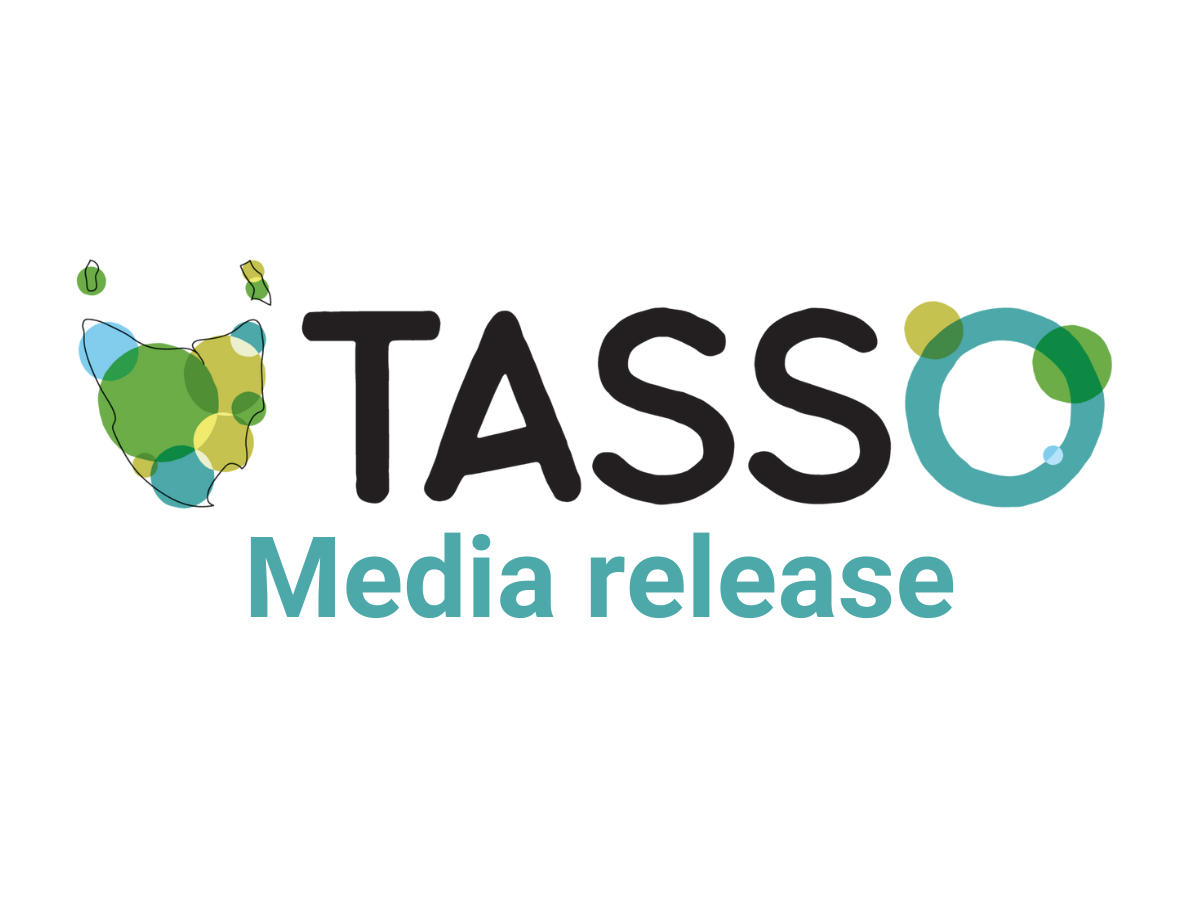
Media & News
TASSO frequently shares news items with updates on the work of TASSO, key information for State School Organisations, and policy and framework updates or changes.
We also share stories and news from State School Organisations, and updates from the Tasmanian Education sector.
-
 Continue reading: TASSO Media Release
Continue reading: TASSO Media ReleaseMedia Release Thursday 13 June 2024 Supporting student outcomes through an education inquiry TASSO, the Tasmanian Association of State School Organisations, has voiced support for an independent inquiry into education…
-
 Continue reading: TASSO news Mar 2024
Continue reading: TASSO news Mar 2024This newsletter is a PDF. Download this Newsletter below.
-
 Continue reading: TASSO news Feb 2024
Continue reading: TASSO news Feb 2024This newsletter is a PDF. Download this Newsletter below.
-
 Continue reading: TASSO news Term 2 2024
Continue reading: TASSO news Term 2 2024This newsletter is a PDF. Download this Newsletter below.
-
 Continue reading: TASSO news Term 1 2024
Continue reading: TASSO news Term 1 2024This newsletter is a PDF. Download this Newsletter below.
-
 Continue reading: TASSO news July 2023
Continue reading: TASSO news July 2023This newsletter is a PDF. Download this Newsletter below.
